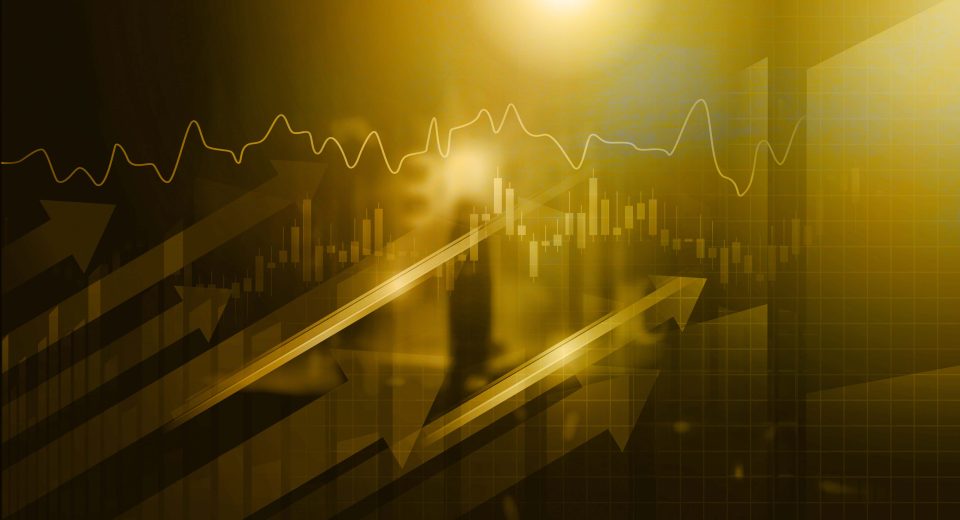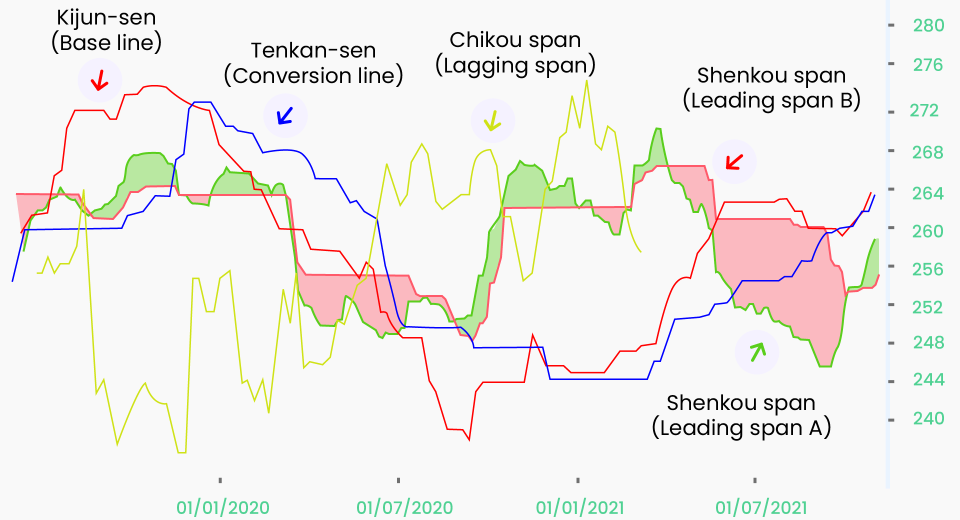Does Trading Sentiment Matter?

Sentiment plays a key role in the forex market, and reflects what the majority of market participants are thinking or believing about the market at a particular point in time. Every market participant tends to have an opinion about the way the market is moving, which is usually reflected in their trading positions. However, it is not the personal sentiment of a single trader but the overall sentiment or the majority sentiment that drives the forex market or a currency pair in a particular direction. These market movements are driven by varied views, ideas and factors that combine to form the overall market sentiment. So, the current direction of a currency pair or the forex market reflects the majority sentiment amongst the players and the affected parties.
So, how does one measure this sentiment? Sentiment analysis aims to measure the overall psychological and emotional state of participants in the forex market to discover what percentage of participants are bullish and what percentage are bearish. Successful identification of the majority sentiment is important in planning one’s own trade.
But should you base your trading decisions solely on the basis of market or trading sentiment? The simple answer is, no. It is always advisable to use sentiment analysis in combination with fundamental and technical analysis to gain a better idea about the forex market’s future course. Although it may appear difficult for a forex trader to use a mix of these analysis techniques, it is likely to give the best results.
Sentiment Indicators
Trading sentiment in the forex market may be driven by several factors. While some traders may consider the previous trading data, others may look out for market driving news or announcements that can have an impact on the movement of a particular currency pair or the overall market. The general trading sentiment or market sentiment can be gauged with the help of certain market sentiment indicators.
- The behaviour of the crowd is a significant indicator of the forex market sentiment. When optimism is at its peak, one should choose to sell, and similarly when pessimism peaks, and the market appears to have bottomed out, one should purchase. Although it is difficult to quantify the behaviour and the sentiment of the market, one can learn to gauge the overall sentiment.
- A futures market register, detailing the commitment of traders, can give a good idea of the actual positioning of speculative and commercial traders in the futures markets. Since spot forex is an over-the-counter market, the futures market is used as a proxy. This commitment report for futures is published by the Commodity Futures Trading Commission or CFTC every Friday, and provides the net long or short positions for future contracts for both commercial and non-commercial traders. Looking at the content of this commitment report, one can see whether there is an edge in following the speculators until the market reaches an extreme. When the market reaches the extreme, the risk of reversal becomes larger.
- Gauging the volatility likely in the future can help in understanding the market sentiment. The bigger the implied volatility is, the stronger is the fear that the ongoing trend has reached an extreme.
- News reports about end-of-the-market wraps and any major economic announcements can provide good information. Traders should choose good information sources and rely on the data provided by them to understand the market sentiment.
Sentiment analysis with the help of varied indicators helps identify the mood of traders, which can then be used to predict market movements based on the current situation. So, trading sentiment does matter and actually helps in gauging future trends. But it is always advisable to use sentiment analysis along with the technical and fundamental analysis tools to get the best results.
Disclaimer
If you liked this educational article please consult our Risk Disclosure Notice before starting to trade. Trading leveraged products involves a high level of risk. You may lose more than your invested capital.




